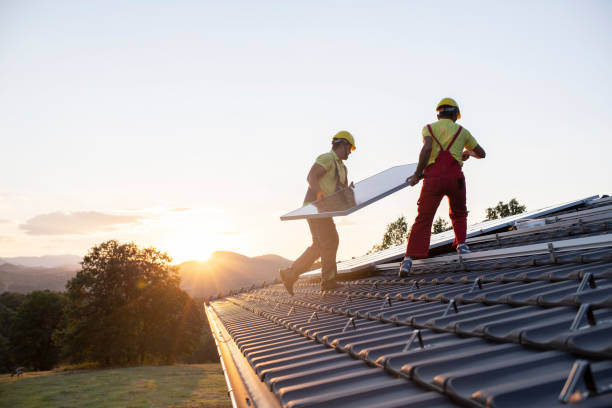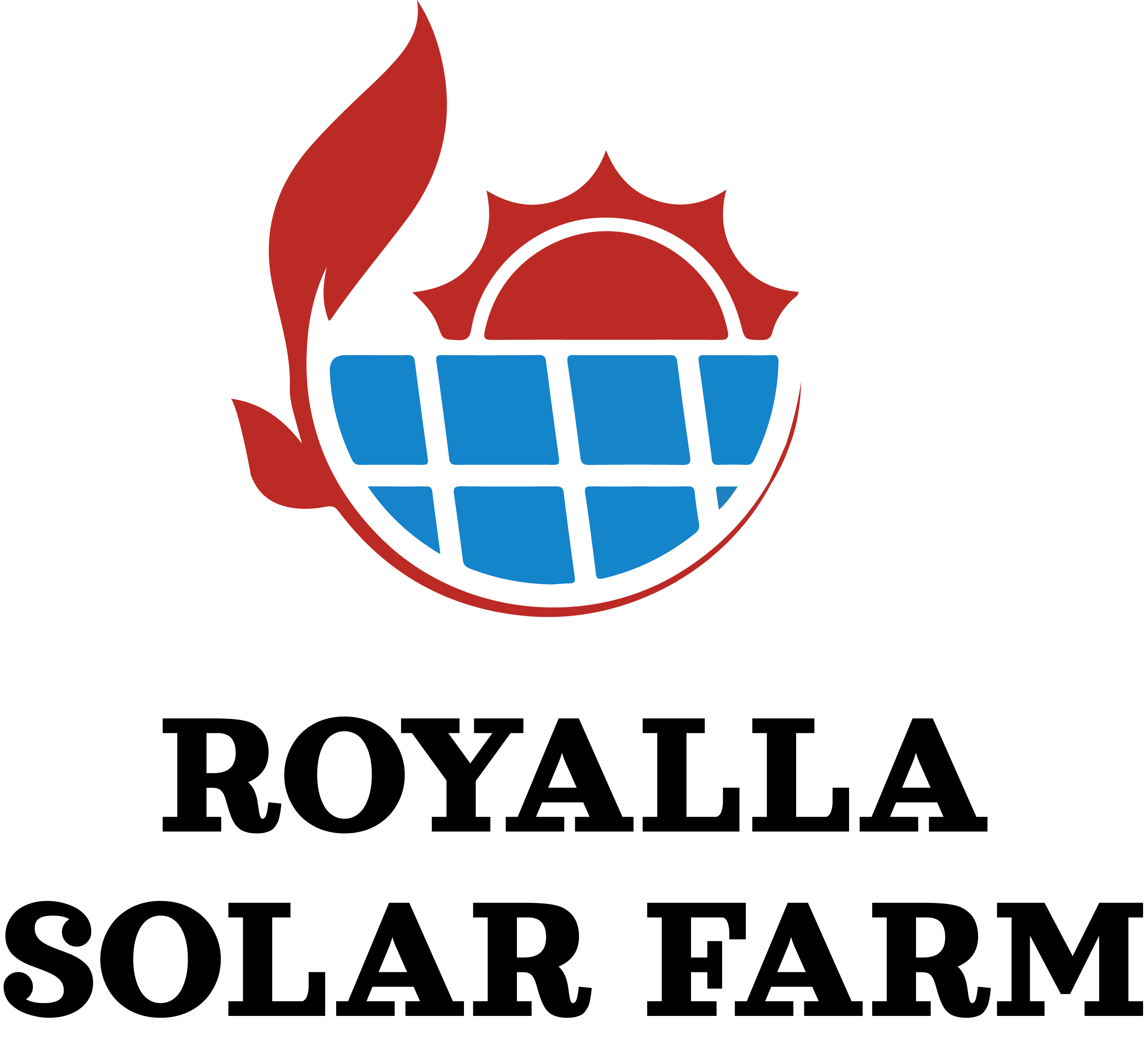
Undoubtedly, solar energy is one of the most renewable energy sources available. While it cannot match conventional energy sources, it can generate electricity for free, unlike its counterparts. Another advantage of solar energy is the lower safety concerns. Although solar energy is less risky than other energy sources, it is essential to consider the potential dangers of solar panels before purchasing them. Let’s look at the top solar safety concerns.
Safety Tips For Solar Installation
Safety is a crucial factor at the workstation. Most people need to learn the specific safety precautions that must be taken when installing a solar power system. Safety protocols are essential for workers’ well-being and the system’s longevity.
Here are some ways to ensure safety when installing solar panels
- Based on the nature and tasks of their work, the staff is subject to regular monitoring.
- The highest-quality personal protective equipment (PPE) should be used during panel installation.
- During the installation of the electrodes, the team must use PVC, cotton, and leather gloves.
Electric Shock From Energised Conductors
As with any other power generation system, there is a risk of electric shock. A short circuit can cause an electric shock due to corroded cables or connections, improper grounding, and loose wiring. It is crucial to inspect vulnerable areas in a PV system, such as the combiner box, PV source, grounding conductor, and output circuit conductors. Grounding effects bind all metal components and connect them to the ground with a grounding conductor and a grounding electro conductor.
Solar radiation is the primary source of energy generated by PV string systems. To avoid electric shock hazards, it is best to turn these strings off in the event of a power cut or power outage.
Rapid Shutdown Facility
A rapid shutdown mechanism increases the safety of rooftop solar power system users. Many solar inverters can be automatically shut down without additional equipment. An automatic shutdown procedure is initiated when the inverters’ alternating current (AC) stops flowing. This feature is helpful in a home with a poor energy system. The solar panels will immediately shut down, avoiding potential hazards and damage. In the event of a home fire, quick shutdown mechanisms can protect first responders from injury or damage.
Preparedness for Weather Event
It is essential to follow the manufacturer’s shutdown instructions when preparing for a storm, cyclone, or flood event. Shutdown procedures or plugs should be located near or at the inverter or on the main switch. Here is a guideline for the general shutdown procedure.
- Turn off the AC mains isolator inverter AC mains. It is usually located in the meter box.
- Turn off the PV array Isolator, which is usually located near the inverter.
- It is recommended to turn off the rooftop array isolation if there is a danger of water getting up to the inverters and cables.
If you have any questions about the shutdown process, contact your installer.
This list only includes some of the precautions that must be taken. You should adhere to any additional safety protocols specific to a particular installation type, location, or method.
